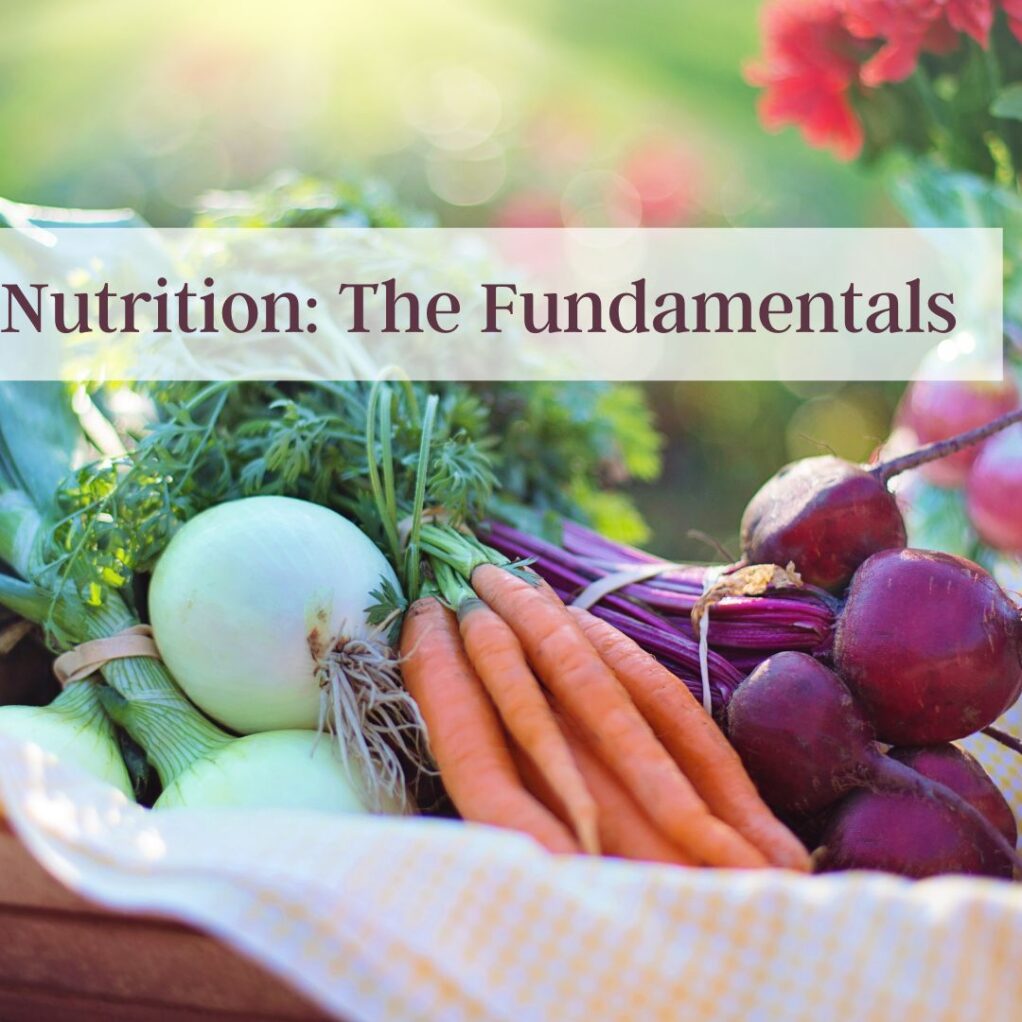March is National Nutrition Month.

In my role as holistic lifestyle director at an integrative clinic, I felt I needed to learn more about nutrition since nutrition is a cornerstone of health. In 2021, I completed an online Nutritional Science Course offered by Stanford Medicine. The program was a lot more intense than I had anticipated. It included a lot of chemistry, lots of scientific facts and research. I do not know what I was thinking. The word, “science” was right there in the title. I had to write weekly essays and multiple case studies with proper AMA citations for the first time in what felt like forever. I had inadvertently jumped into the deep end of the pool and felt like there was no retreat. I learned a lot not only about nutrition, but also about myself. :0)
I won’t bore you with all the nutritional details, but here is the conclusive lesson from the program: Eat more plants.
Here are the fundamental nutritional guidelines from Stanford Medicine.
What to Eat:
- Consume a variety of vegetables and fruits every day. Make half of each plate vegetables and fruit, mainly vegetables. Vegetables and fruit will ensure you are consuming fiber, essential vitamins, and minerals.
- Consume legumes regularly. Legumes such as beans, lentils, and peas are an excellent source of protein and fiber.
- Consume whole grains. Choose whole grains over refined grains as often as possible. Whole grains will provide fiber and all the valuable vitamins and minerals that have been stripped from refined grains.
- Consume small amounts of dairy. Diary is an excellent source of calcium, potassium, and protein, but you only need small amounts. Choose fat free or low-fat dairy.
- Consume healthy proteins. Legumes, soy, nuts, fish, eggs, and poultry are excellent sources of protein. Fatty fish such as salmon, sardines, and tuna offer omega 3 fatty acids and are good for cardiovascular health. Lean red meats in small amounts can be a healthy source of protein. Incorporate plant protein into your diet regularly for it does not contain cholesterol and it has little to no saturated fat.
- Consume healthy fats and oils. Unsaturated fats such as fish, seeds, nuts, olive oil and avocado oil are better for you than saturated oils.
What to Limit:
- Added sugar: Less than 10% of your daily calories should come from added sugars.
- Saturated Fats: Less than 10% of your daily calories should come from saturated fats.
- Trans Fats: Keep trans fats to a minimum.
- Sodium: Limit sodium consumption to 2300mg per day.


